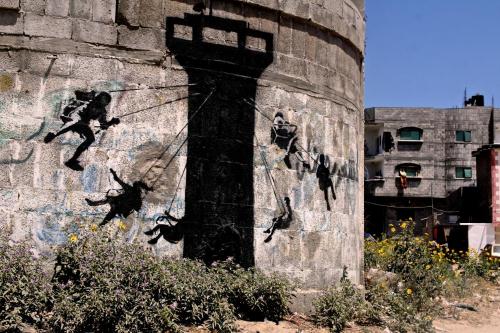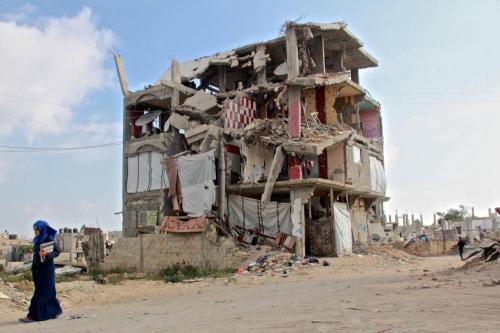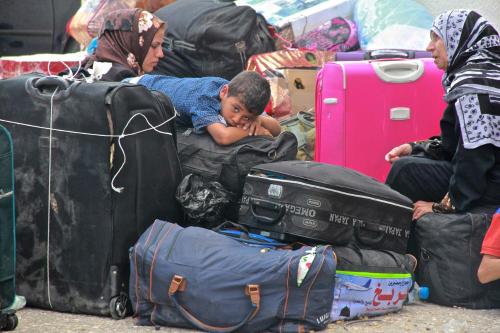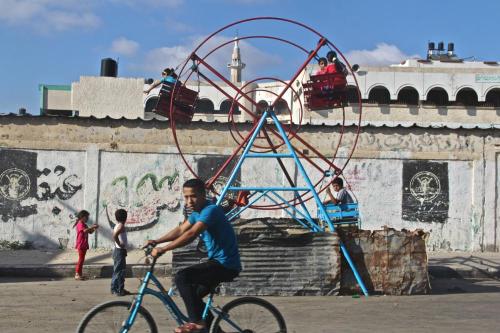#gaza war
Nomika Zion has tight brown curly hair and lines of exhaustion on her face. A Sderot resident for 25 years, she represents a voice not often heard. Critics often dismiss the Peacenik left, pointing to Sderot and claiming that if they only knew how bad the situation was, if they lived on the border, then they would know what it was really like. But Zion does.

FollowingOperation Cast Lead and the Gaza War in the winter of 2008-2009, started to end the rocket attacks and arms smuggling, Zion wrote an open letter that appeared throughout the Israeli press and international publications. Alternatively entitled “War Diary from Sderot” and “Not in My Name, Not for my Security,” Zion writes:
Not in my name and not for me did you go into this war. The bloodbath in Gaza is not in my name nor for my security. Houses destroyed, schools blown up, thousands of new refugees…Don’t misunderstand me. Hamas is a bad and terrible terror organization. Not only for us. First and foremost for their citizens. But behind this accursed leadership live human beings…
Zion began the organization “Other Voice” to counter the monolithic public discourse of retaliation and the demonizing portrayal of Palestinians. In her letter, she states,
I am frightened that, underneath the Orwellian smokescreen of words and the pictures of [Palestinian] children’s’ bodies that are especially blurred for us on TV as a public service, we are losing the human ability to see the other side, to feel, to be horrified, to show empathy. With the code word “Hamas” the media paints for us a picture of a huge and murky demon that has no face, no body, no voice, a million and a half people without a name.
It was to open channels of communication between the human beings on both sides of the border that Zion and her friends began holding regular telephone calls to the other side. “We refuse to see the people of Gaza as enemies, enemies as the demonizing image spread in the media. It’s not so black and white. They’re our neighbors. We live our lives side by side. We wanted to reach out, to share our pain and personal stories. We wanted to see people, to hear voices, to make the invisible visible.”
After 40 years of occupation, “we’ve lost our ability to see the Palestinians as human beings. We’ve lost our ability to empathize and so we’ve lost part of our humanity. And we don’t care anymore; we are numb.”
So why do you keep fighting?, we ask. “Because democracy needs other voices. Because we need to build a system that doesn’t victimize others. It’s a human challenge to try while you’re struggling yourself to be able to see the other side of the conflict but it’s what we must do.”




